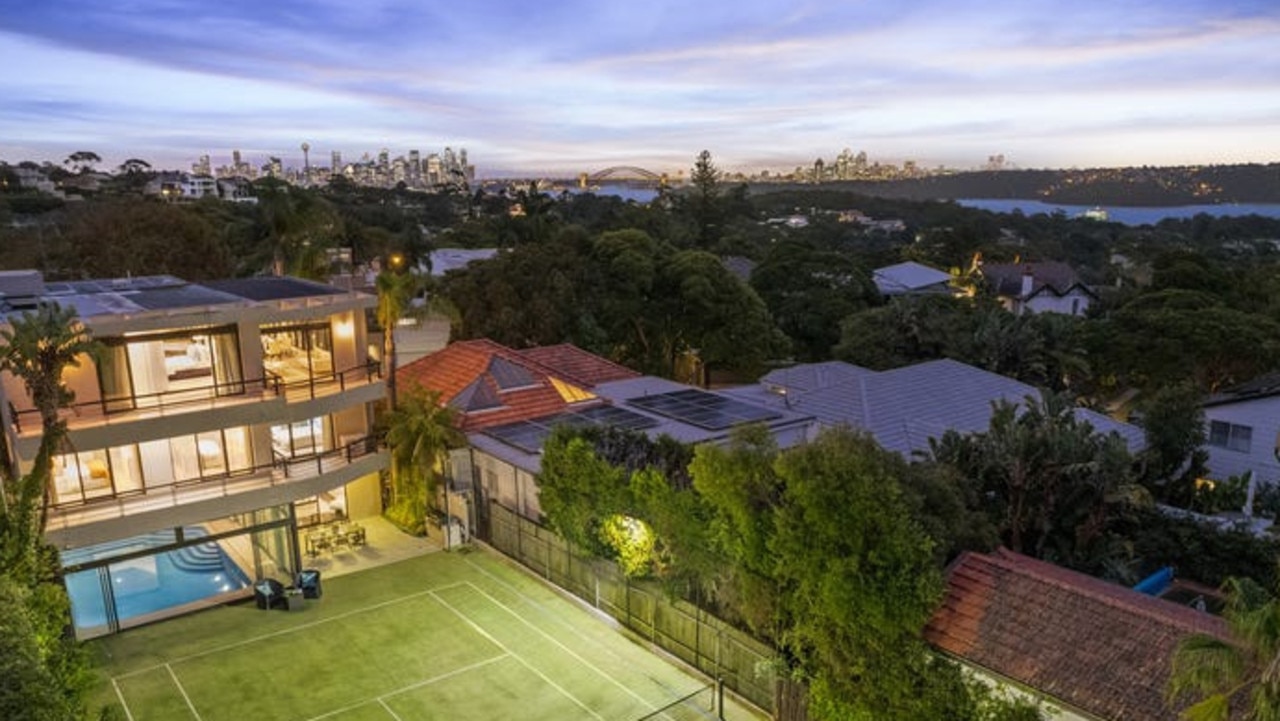‘What hope?’: 52yo admits he might never be able to ‘afford’ to buy a home again
A man in his fifties has ignited a big conversation about mortgages after revealing the brutal reason he can’t “afford” a home.
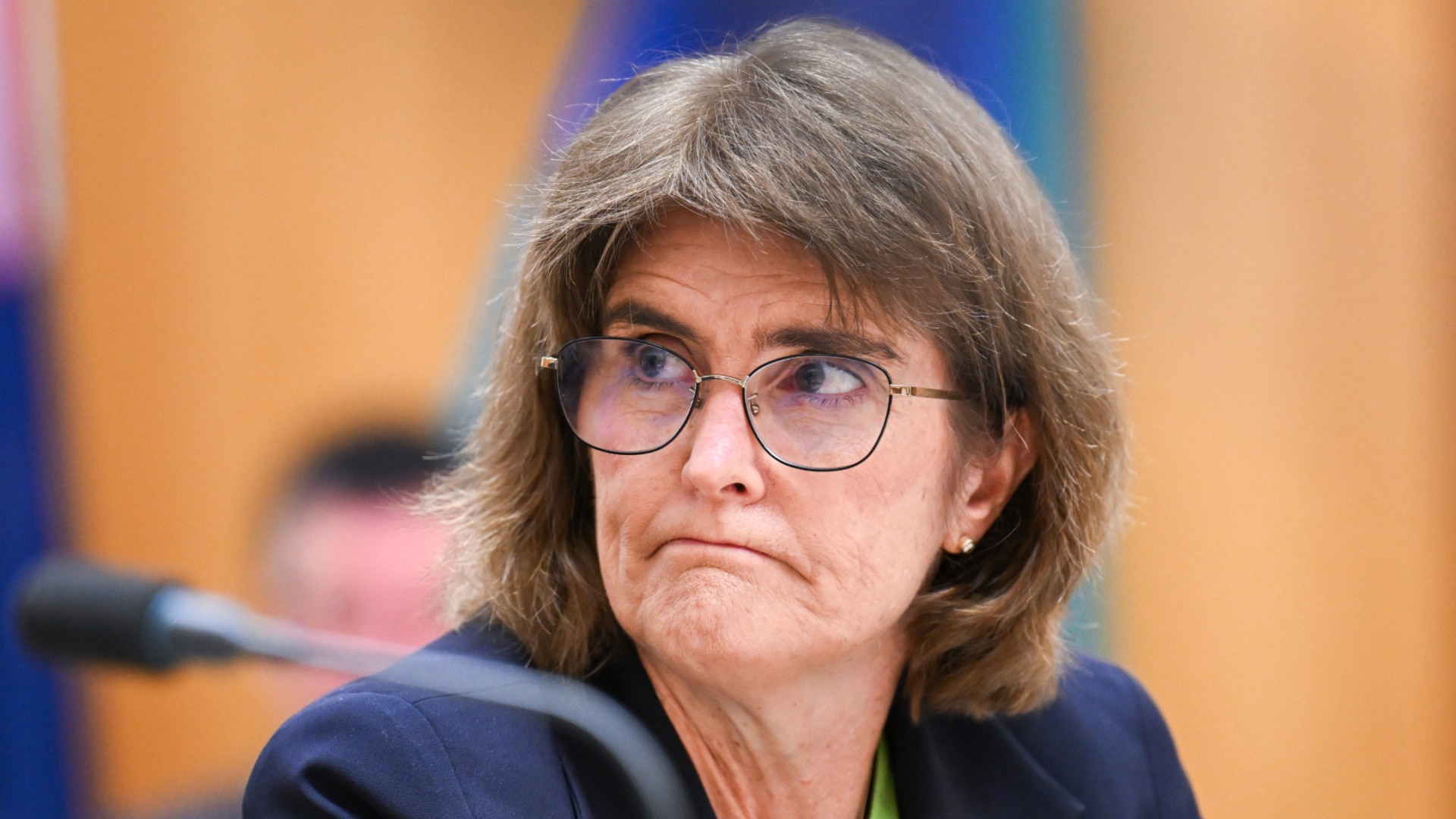
A man revealing why he doesn’t think he’ll ever own a home again has shown the high cost of being single in 2025.
A woman working from Coposit St, an app that helps Aussies enter the property market, approached the man in his fifties wearing a suit in Sydney’s CBD and asked how much he had in savings.
The man, who was from Melbourne but was visiting Sydney for his corporate job, was upfront and said he had a “reasonable” amount saved but wasn’t saving for anything in particular.
He was then asked if he had any substantial assets, and he explained that he owned cars.
“I lost my house in the divorce,” he said.
“I figure I’m not going to be able to ever afford to get back into the property market with the way things are at the moment.”
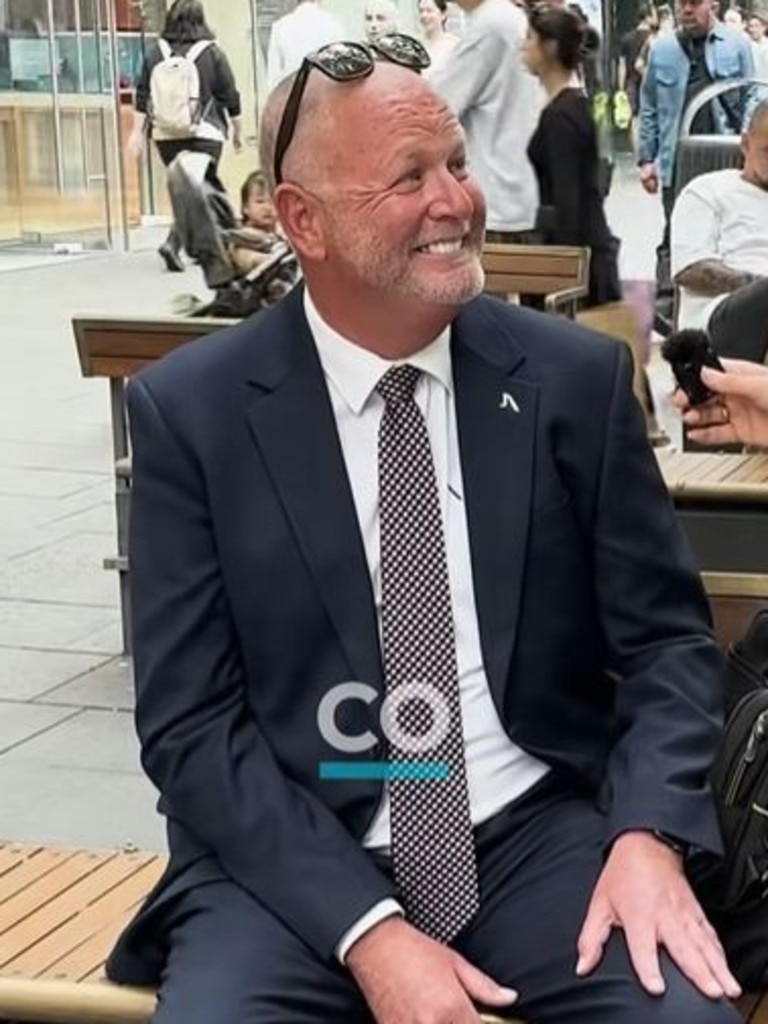
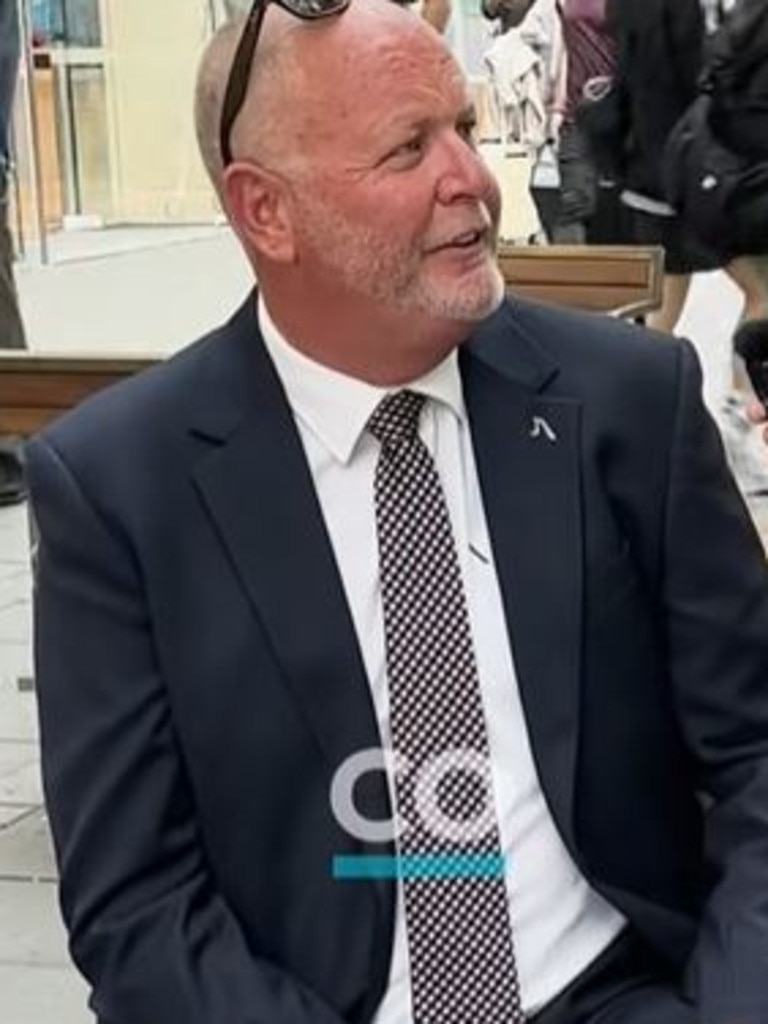
The fact that a man working full-time in his fifties can’t afford to return to the property market exposes how tough it is for single people.
Financial comparison website Finder has found that single Aussies save less and have are more likely to think they will never own a home than their married or partnered peers.
Finder’s Consumer Sentiment Tracker revealed that couples boast higher average monthly savings ($978) than singles ($624).
Couples typically hold nearly double the amount in savings ($55,649) compared to singles ($28,450), and additionally, 39 per cent of singles believe they will never be able to afford to buy their own home.
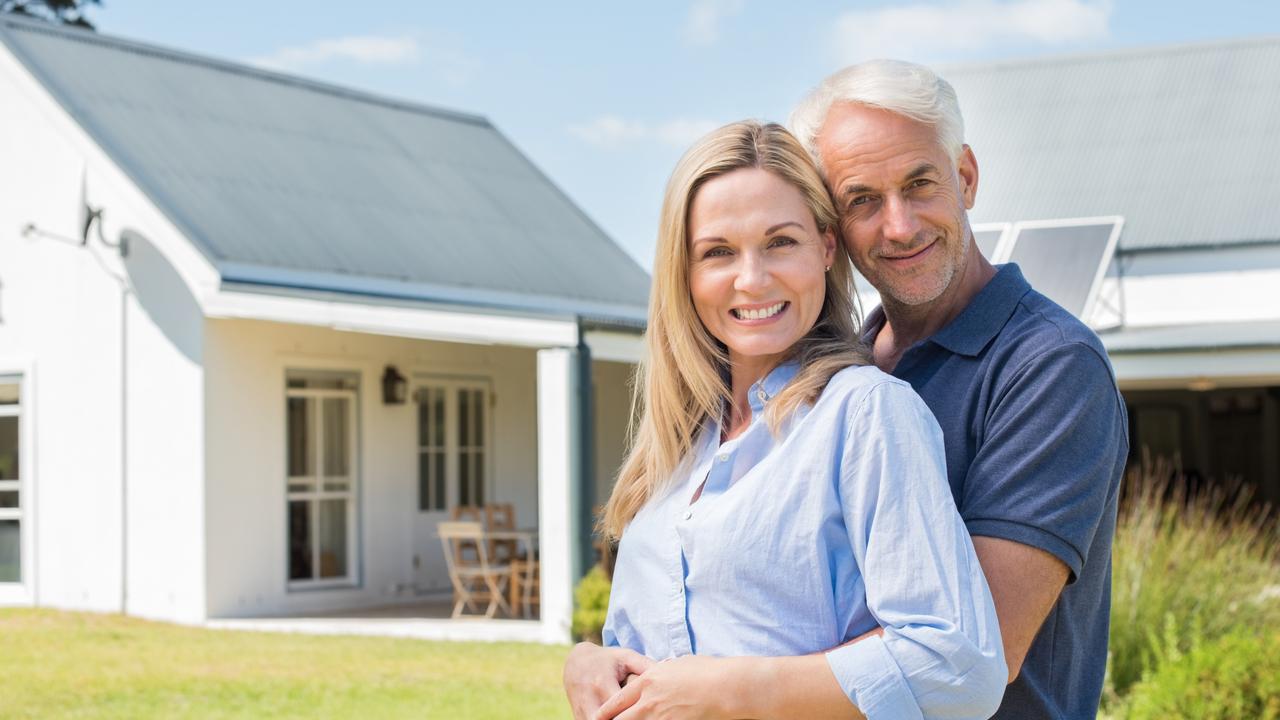
The man explained that the “difference” between what he pays in rent and what he’d have to pay to service a mortgage is what stops him.
He elaborated and said that what he pays on rent now allows him to have a good quality of life that he is “comfortable” with, which he didn’t feel he could maintain if he got a home loan.
“I’d love to buy another house, but I don’t think it is going to happen anytime soon. I’m a consumer. I can’t save a deposit,” he admitted.
“As soon as I have money in the bank, I like to get on a plane and travel.”
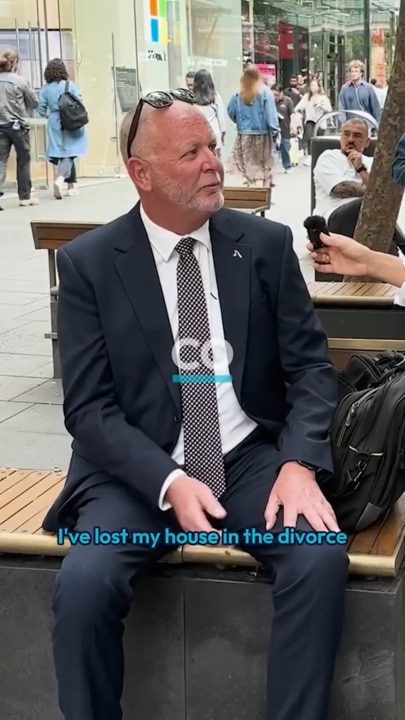
He then conceded that he spends too much money on “travel, horses and beer”, but also added that he is in a very “fortune” position.
He said he has worked hard and earns a “reasonable” income, which helps because rent has become so expensive.
The worker isn’t against anyone wanting to own a home, but he isn’t prepared to do it at the expense of everything else.
“It is great if people want to go and do that, but for me, it is about balance and quality of life. There’s no point living to service a mortgage if you’re missing out on everything your friends are doing,” he said.
“It is nice to own a house but it is nice to live a good life.”
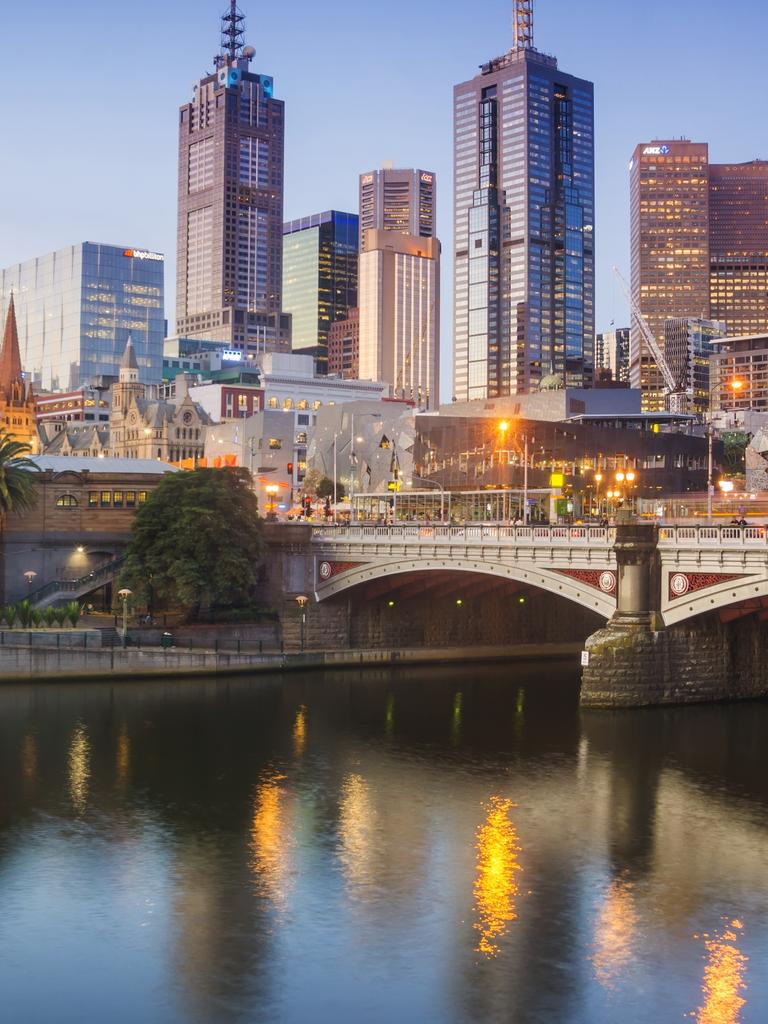

Online, Aussies debated whether homeownership really is the only way to be financially secure in 2025.
“Perfect advice: Owning a home isn’t everything,” one person praised, but someone else bit back and claimed it “actually is” and asked, “Would you rather pay your mortgage or someone else’s?”
Meanwhile, another said that, for people buying in 2025, it isn’t “worth it”, and someone else said that nowadays, most people won’t own a home before they die.
One investor jumped in and said he made $500,000 from buying a home, but another said owning a house isn’t “everything”.
Someone else claimed that paying back a mortgage is “far greater” than paying rent and Aussies were better off investing the difference.
One Aussie jumped in and asked, “If he can’t afford the property market, what hope do we have?”
One person claimed that if you don’t own a home and retire, your financial situation will be “dire”, with someone another person saying they’re only in a good financial situation because they haven’t gotten divorced.
“A divorce turns the clock right back and starting again at 50 odd isn’t ideal,” they said.

Finder’s financial expert Graham Cooke said that single Australians have a tougher time getting ahead.
“Being single can have a significant financial impact, with single people more likely to think they will never afford a home,” he said.
“The primary burden lies in shouldering the entire cost of living, from rent and utilities to groceries and entertainment. This can significantly impact disposable income, particularly for those living in high-cost areas.”
Mr Cooke said that being solely responsible for all finances can also create “financial vulnerability”.
“This is why a savings buffer is so important, as it acts as a crucial safety net, mitigating the impact of such unforeseen events,” he advised.
“This allows for greater financial independence, enabling individuals to pursue personal and professional goals without undue financial constraints.”




